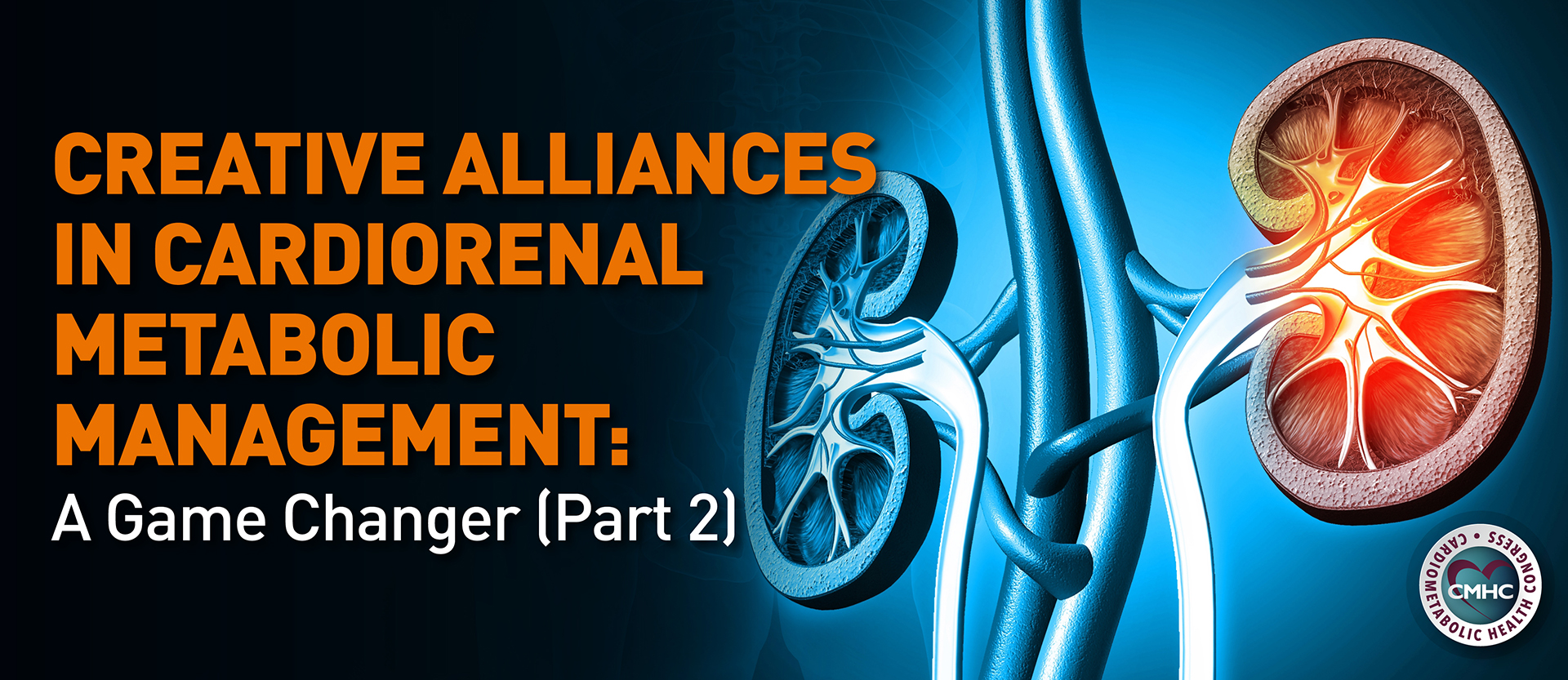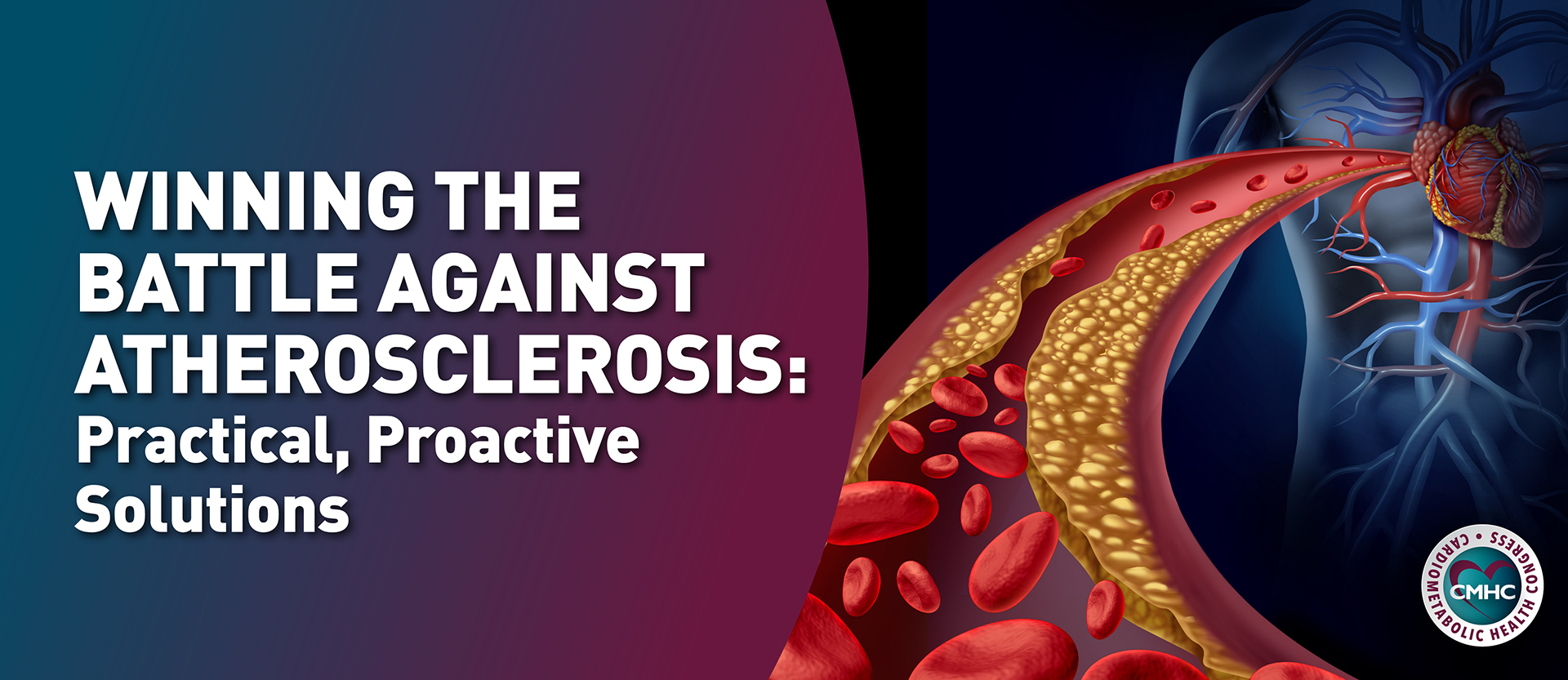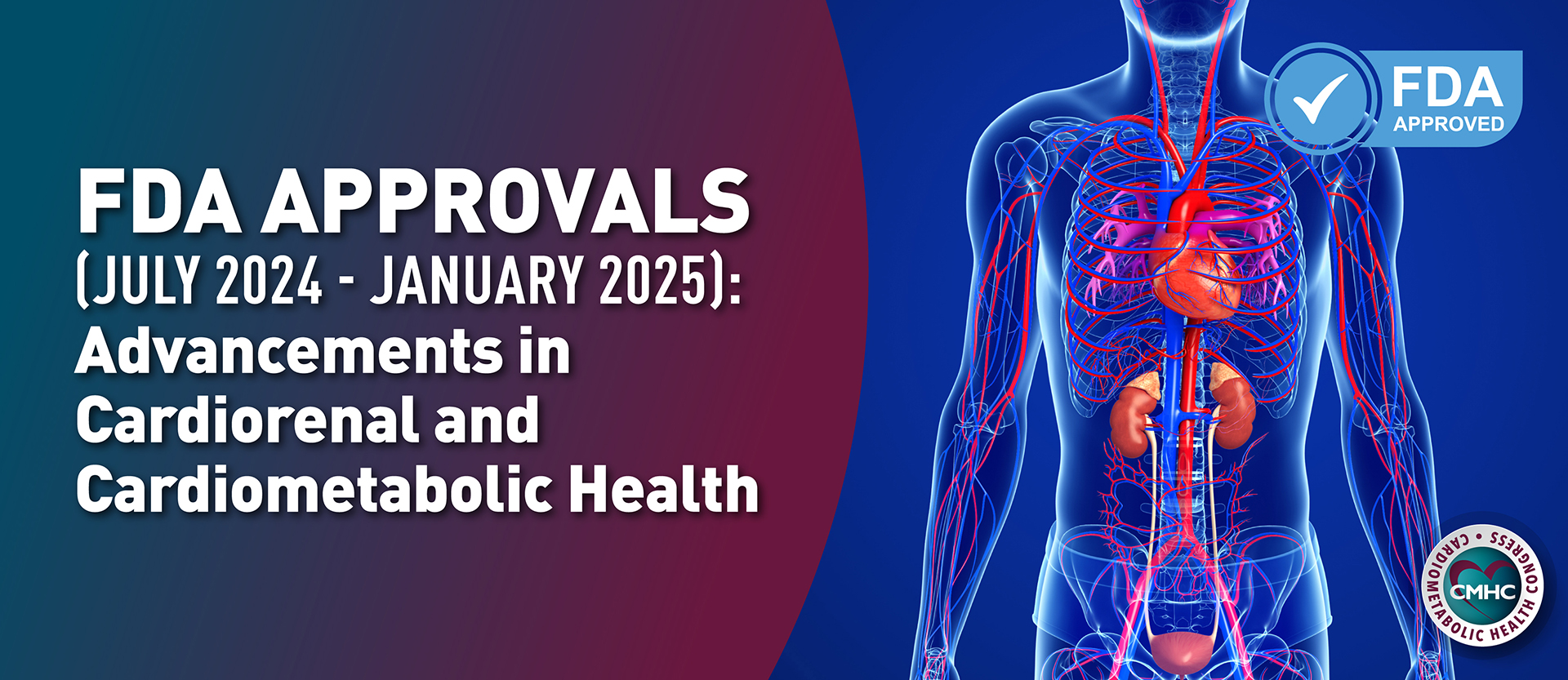Harnessing Collaborative Innovation to Combat Cardiometabolic Risk
Building on the foundation in Part 1, explore real-world examples of how creative partnerships transform cardiorenal metabolic risk management. Dynamic collaborations unite patients, healthcare providers, and multidisciplinary experts, putting into practice the principles of shared decision-making, open communication, patient education, and motivational interviewing discussed.
Real-World Cardiorenal Metabolic Management Cases
Case Study 1: The Multidisciplinary Advantage
A groundbreaking study compared outcomes between multi-ethnic patients treated by a multidisciplinary team (MDT) and those managed solely by primary care providers (PCPs). The results reinforced the importance of the teamwork approach outlined in Part 1:
MDT patients achieved greater weight loss
More significant reductions in Body Mass Index (BMI)
Larger decreases in blood pressure
Improved hemoglobin A1C levels
This study underscores the effectiveness of leveraging diverse expertise, such as internal medicine, endocrinology, cardiology, and nephrology, in managing complex cardiometabolic conditions. It also highlights the need for culturally adapted care recommendations, aligning with our earlier discussion on patient-centered approaches.
Case Study 2: Empowering Latina Communities
A 4-month bilingual community program targeting Latina women, a high-risk group for cardiovascular disease (CVD), yielded impressive results:
Significant improvements in CVD knowledge
Enhanced heart-healthy behaviors
21% decline in serum triglycerides
Reduced prevalence of metabolic syndrome
This cardiorenal metabolic management case demonstrates the effectiveness of tailored, community-based interventions in reducing cardiometabolic risk among specific populations. It further exemplifies the patient education and empowerment strategies.
Innovative Approaches to Enhance Partnerships
Building on the collaboration strategies mentioned earlier, here are some innovative approaches:
Technology-Enabled Care Coordination
Secure digital platforms for real-time communication between specialties
Mobile apps for vital sign tracking and medication adherence
AI-powered chatbots for continuous patient support and education
2. Personalized Risk Prediction Models
Advanced analytics integrating genetic, environmental, and lifestyle data
Tailored recommendations for prevention and treatment
Early identification of high-risk patients
3. Community Health Workers and Peer Support
Bridging cultural and linguistic gaps
Providing ongoing community-based support
Facilitating treatment adherence through motivational interviewing techniques
4. Interdisciplinary Training and Education
Cross-specialty rotations for medical professionals
Joint continuing education sessions
Simulation-based training for complex case management
5. Patient-Centered Research Initiatives
Engaging patients in identifying research priorities
Designing studies addressing real-world challenges
Rapid translation of findings into clinical practice
Overcoming Implementation Challenges
While the benefits of creative partnerships are clear, several obstacles can hinder their adoption:
Fragmented healthcare systems
Outdated reimbursement models
Time constraints
Cultural and language barriers
Resistance to change
Addressing these challenges requires systemic changes, including integrated care networks, value-based care models, and cultural competency training.
The Future of Cardiometabolic Care
Emerging trends set to transform creative partnerships include:
Precision medicine
Digital therapeutics
Artificial intelligence in decision support
Wearable technology for continuous monitoring
Patient data ownership
These advancements will enhance multidisciplinary care and patient engagement strategies.
What’s Next: Join Us In Transforming Cardiometabolic Care Through Collaboration
Cardiometabolic Health Congress (CMHC) champions innovative partnerships and challenges healthcare professionals to join us in reshaping cardiorenal metabolic health care and patient outcomes.
Our collective expertise can transform lives and reduce the global burden of cardiometabolic diseases. To stay ahead of groundbreaking developments, attend the 19th Annual Cardiometabolic Health Congress, October 17-19, in Boston, MA. Engage with top experts, gain cutting-edge insights, and join a community dedicated to redefining cardiometabolic care.
To learn more, click here or visit www.cardiometabolichealth.org/19th-annual-cmhc/.


















